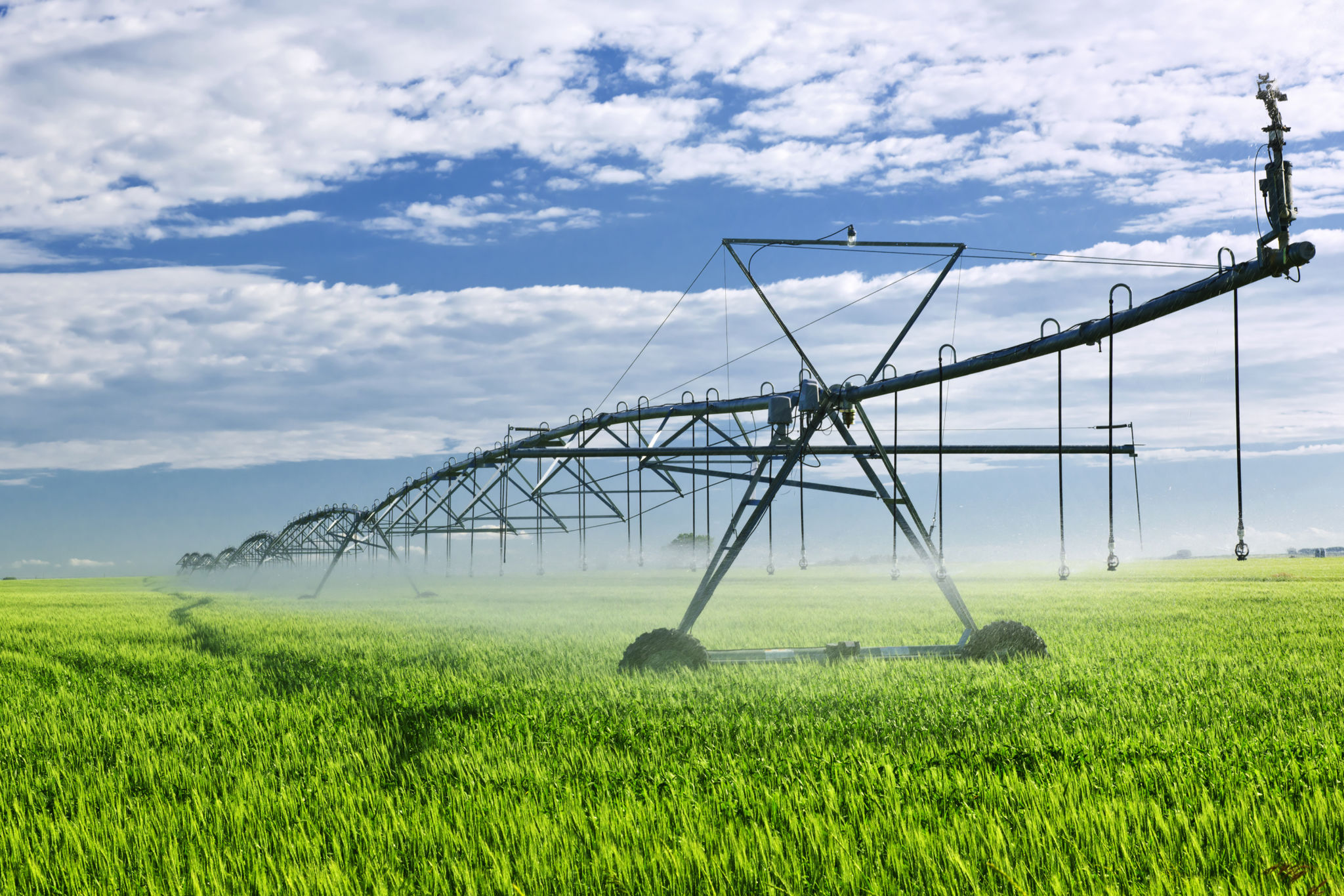The Essential Guide to Agriculture Water Management in Delaware
Understanding the Importance of Water Management in Agriculture
Water management is a critical component of successful agriculture, particularly in states like Delaware, where water resources must be carefully managed to support both crop production and environmental sustainability. Effective water management strategies ensure that crops receive the necessary hydration while minimizing waste and preserving the natural ecosystem.

In Delaware, agriculture plays a vital role in the local economy, contributing significantly to the state's GDP. As such, efficient water management practices are essential to maintain agricultural productivity and sustainability. By implementing innovative techniques and technologies, farmers can optimize water usage and ensure the longevity of their agricultural operations.
Key Challenges in Delaware's Water Management
Agriculture in Delaware faces several challenges related to water management. One of the primary issues is the uneven distribution of rainfall across different regions. This can lead to either water scarcity or excess, impacting crop growth and yield. Furthermore, climate change has introduced additional unpredictability, making it imperative for farmers to adapt their water management strategies accordingly.
Another significant challenge is the competition for water resources between agricultural and urban areas. As Delaware's population continues to grow, there is increasing pressure on water resources, necessitating a balance between agricultural needs and urban consumption.
Sustainable Water Management Practices
To address these challenges, Delaware farmers are adopting a range of sustainable water management practices. One effective approach is the use of drip irrigation systems, which deliver water directly to the plant roots, reducing evaporation and runoff. This method not only conserves water but also enhances crop productivity.

Additionally, implementing soil moisture sensors allows farmers to monitor soil conditions in real-time. These sensors provide valuable data that help in making informed decisions about when and how much to irrigate. By doing so, farmers can avoid overwatering and ensure optimal crop health.
Integrating Technology for Improved Efficiency
The integration of technology into agriculture has revolutionized water management practices. Remote sensing technology, for example, enables farmers to assess crop health and water needs from a distance. This technology uses satellite imagery and aerial photography to provide comprehensive insights into field conditions.
Moreover, many Delaware farmers are utilizing weather forecasting tools to anticipate rainfall and adjust irrigation schedules accordingly. This proactive approach helps in conserving water and reducing the reliance on artificial irrigation during periods of adequate rainfall.

Policy and Community Involvement
Effective water management in agriculture also requires supportive policies and community involvement. In Delaware, government agencies work closely with farmers to promote best practices and provide resources for sustainable water management. Programs offering financial incentives for adopting water-saving technologies have been instrumental in encouraging farmers to transition to more efficient systems.
Community involvement is equally important in achieving sustainable outcomes. By fostering collaboration among local stakeholders, including farmers, environmental groups, and policymakers, Delaware can develop comprehensive strategies that address both agricultural needs and environmental conservation.
The Future of Water Management in Delaware Agriculture
Looking ahead, the future of water management in Delaware agriculture lies in continuous innovation and adaptation. As technology advances, new methods and tools will emerge, offering even greater efficiency and sustainability. Embracing these innovations will be crucial for maintaining Delaware's agricultural productivity and ensuring the responsible use of its valuable water resources.
By prioritizing sustainable water management practices and fostering a culture of collaboration, Delaware can set a benchmark for other states to follow in achieving a harmonious balance between agriculture and environmental stewardship.
